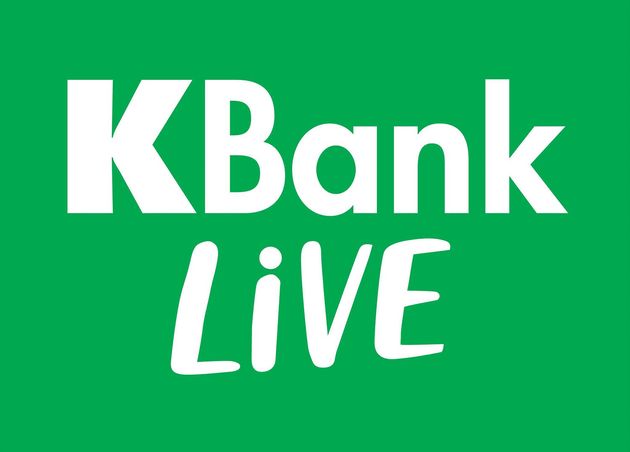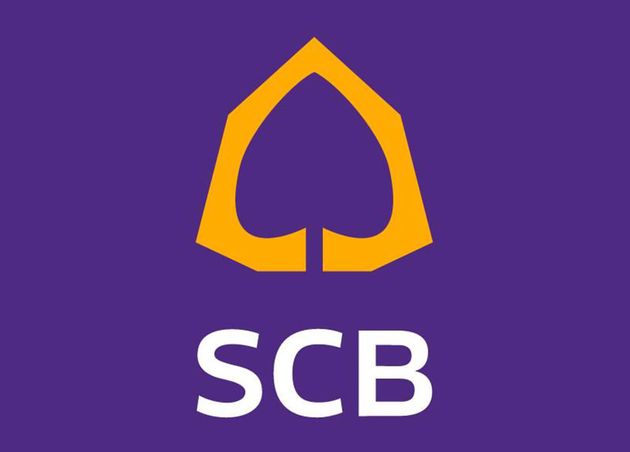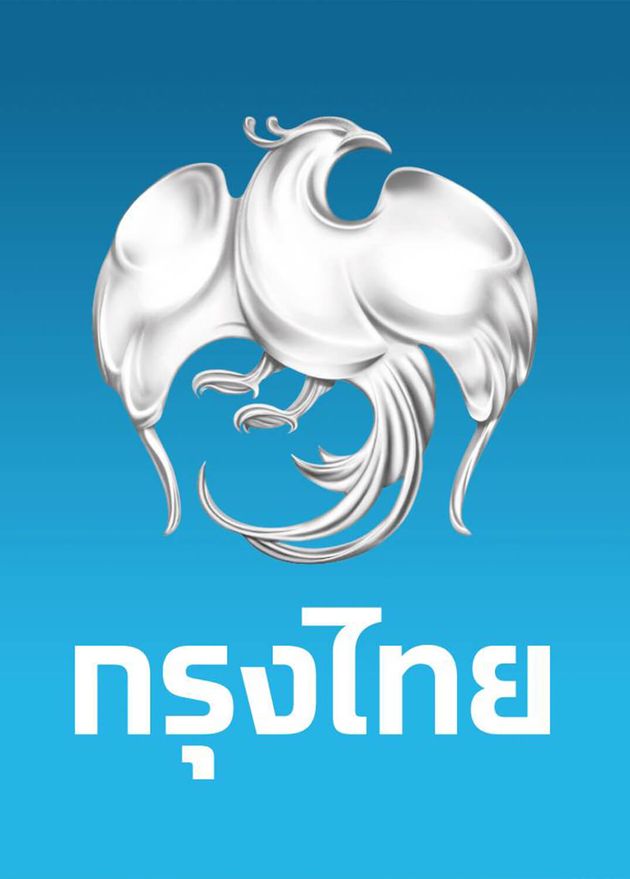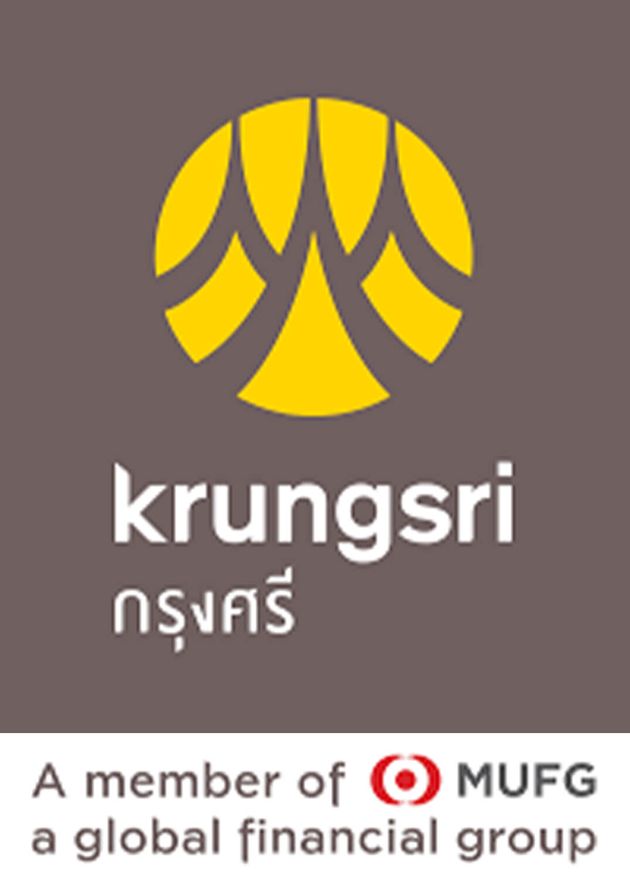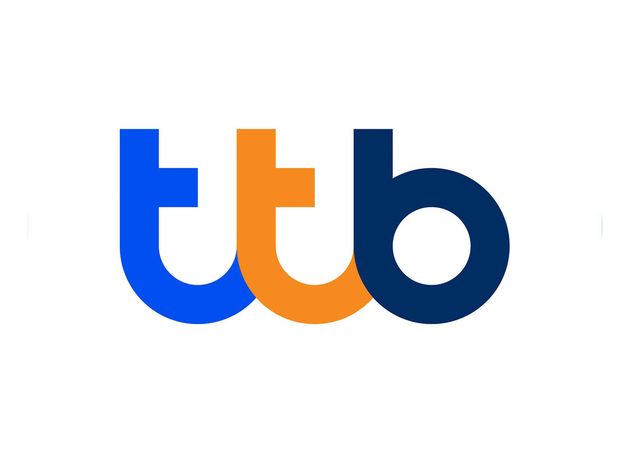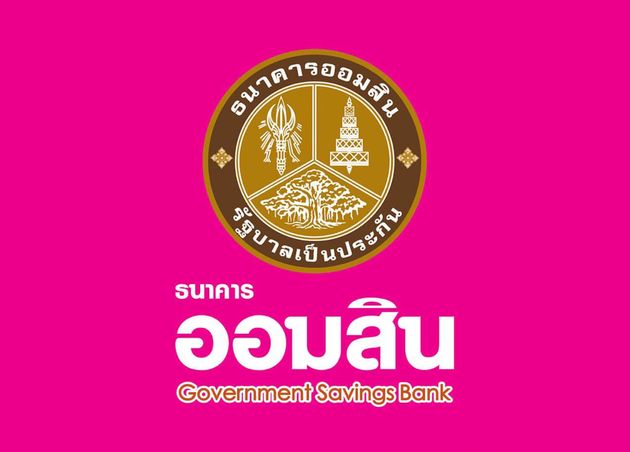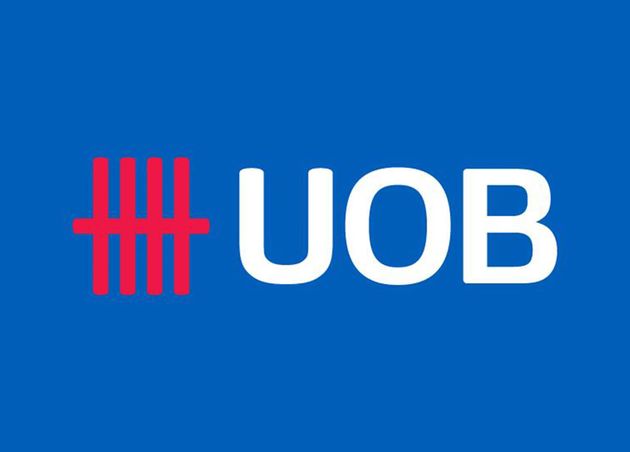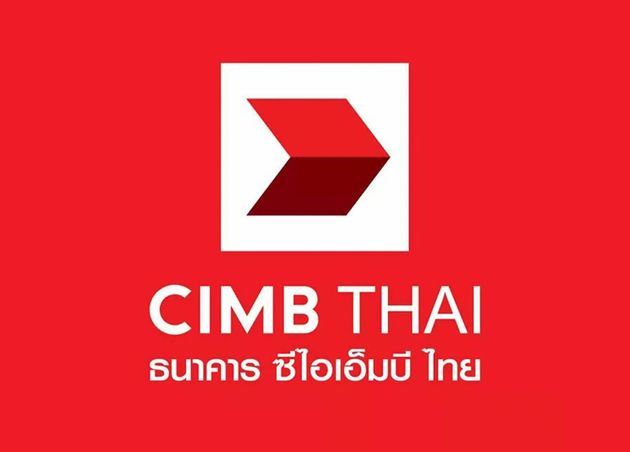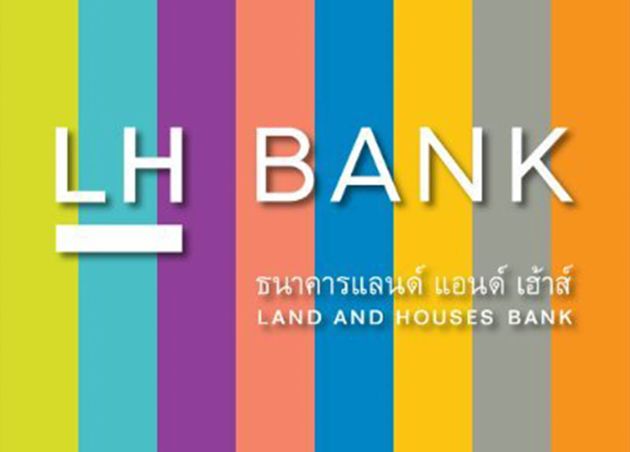Banks in Thailand: Top 10 Best and Most Trusted
In the bustling landscape of Thailand's financial sector, several banks stand out for their reliability, services, and trustworthiness. As integral pillars of the nation's economy, these banks cater to diverse needs, from personal banking to corporate finance.
Let's delve into the top 10 banks in Thailand, uncovering their key features and contributions to the country's financial landscape.
🚀 Expat Trivia!
Thailand has modern banking systems that are ideal for businesses and entrepreneurs hoping to venture into the region.
Top 10 Best and Most Trusted Banks in Thailand
Thailand's banking sector is a cornerstone of its economy, fostering growth, stability, and innovation. With a safe and secured regulatory framework overseen by the government of Thailand, the sector comprises a mix of local and international banks, each playing a very important role in facilitating every economic activity and financial transaction.
Trust forms the bedrock of banking relationships, influencing customer satisfaction and loyalty. In Thailand, where trust holds significant cultural value, banks prioritize transparency, reliability, and integrity to build lasting connections with their clientele. Understanding the importance of trust, here are the top 10 best and most trusted banks in Thailand renowned for their reliability and credibility.
#1 Bangkok Bank: Empowering Financial Solutions
Bangkok Bank is one of Thailand's largest financial institutions, boasting assets totaling a whopping US $78 billion. With a remarkable presence comprising 1,200+ domestic branches and around 25+ branches across 10+ countries globally, along with an extensive network of 9,200+ ATMs, it's no surprise that Bangkok Bank holds the esteemed title of having the largest branch network abroad among Thai banks.
Established in 1944, Bangkok Bank has solidified its position as one of the leading commercial banks in Thailand. Catering to the different needs of individuals and organizations, Bangkok Bank offers a wide range of banking services, making it a trusted financial partner for millions of customers worldwide. Its expansive network, comprising over 1,000 branches and serving over 5 million customers globally, ensures accessibility and convenience for all.
With branches spanning across China, ASEAN countries, Japan, the United States, and the United Kingdom, Bangkok Bank truly extends its reach far beyond the borders of Thailand. Moreover, its reputation for simplicity and ease of access makes opening and using a Bangkok Bank account a straightforward process, particularly for foreigners. Renowned for its extensive ATM network, robust telephone banking system, and welcoming approach to international clients, Bangkok Bank continues to uphold its status as a premier financial institution in Thailand and beyond.
#2 Kasikorn Bank: Driving Financial Innovation
#3 Siam Commercial Bank: Pioneering Banking Excellence
Siam Commercial Bank (SCB) holds the prestigious title of being the first bank in Thailand and one of the largest in the country. Its rich history traces back to 1906, when it received formal endorsement from King Chulalongkorn (Rama V), marking the beginning of its illustrious journey. Initially established as a discreet trust known as the "Book Club" by King Mahisara Rajaharudaya, the brother of the King, who later earned the moniker "Father of Thai Banking," SCB was originally intended to provide banking services to merchants and traders in Thailand.
Over the years, SCB has evolved into a formidable financial institution, offering a comprehensive suite of services encompassing investment banking, corporate and retail banking, insurance, and asset management. With a steadfast commitment to reliable financial services, SCB has played a significant role in Thailand's economy. In a pioneering move, SCB introduced ATM services in 1983, marking a significant milestone in Thailand's banking industry.
As a universal banking group, SCB's influence extends beyond Thailand's borders, with a presence in neighboring Southeast Asian countries (e.g., Myanmar, Cambodia, Laos, etc.). With total assets valued at US $82.1 billion, SCB continues to be a cornerstone of the region's financial landscape, providing trusted and innovative financial solutions to each of its customers and contributing to the economic growth and development of the countries it serves.
#4 Krung Thai Bank: Enriching Financial Lives
#5 Krungsri (Bank of Ayudhya): Elevating Banking Standards
Krungsri Bank, formerly known as Bank of Ayudhya (BAY), has been a key player in Thailand's financial sector since its establishment in 1945. Following its acquisition by Mitsubishi UFJ Financial Group (MUFG) in 2013, Krungsri gained significant backing from Japan's MUFG Bank, propelling it onto MUFG Bank's global network.
With a widespread presence across Thailand, Krungsri operates over 600 branches and boasts a network of more than 6,000 ATMs, ensuring accessibility and convenience for its customers nationwide. Krungsri offers a diverse range of services to cater to the needs of its clientele, including investment banking, wealth management, and retail and corporate banking.
Whether individuals seek personalized financial advice, businesses require tailored solutions, or customers need everyday banking services, Krungsri is equipped to meet their needs professionally and efficiently.
#6 TMB Thanachat Bank: Empowering Financial Growth
Previously known as the Thai Military Bank (TMB), the institution underwent a significant transformation following its merger with Thanachat Bank, leading to its rebranding as TMB Thanachat Bank (TTB). Originally established to aid in the financial needs of members of the esteemed Thai Military, TMB has evolved into a thriving commercial bank serving both military officers and civilians alike.
TMB Thanachat Bank offers a comprehensive range of services to its diverse clientele, encompassing corporate banking, retail banking, wealth management, and investment banking. With over 600 branches across Thailand, the bank ensures accessibility and convenience for its customers nationwide. Furthermore, TMB Thanachat Bank is expanding its global footprint, with plans to establish branches in various countries, demonstrating its commitment to growth and innovation in the ever-evolving financial landscape.
#7 Government Savings Bank: Empowering Savings for Financial Security
The Government Savings Bank (GSB) is a venerable state-owned financial institution established in 1913 under the auspices of King Vajiravudh (Rama VI) in Thailand. Initially known as the Saving Offices under the Royal Treasury, GSB was conceived as a royal initiative to educate Thai citizens about financial practices and the long-term benefits of saving.
Over time, GSB transitioned into a state-owned bank and has since become one of Thailand's largest banks. One of the bank's notable initiatives to foster customer loyalty is the GSB Saving Certificate, affectionately known locally as the "GSB Lottery" (Salak Om Sin). Customers can acquire these certificates by opening a savings account with the bank, which they commit to holding for a minimum of one year. This unique program encourages saving and offers customers the chance to participate in the GSB Lottery, further incentivizing long-term financial planning and engagement with the bank.
#8 United Overseas Bank: Powering Financial Connectivity Across Asia
United Overseas Bank (UOB) holds a prominent position as the third-largest bank in Southeast Asia, epitomizing a Singaporean multinational powerhouse. Renowned for its extensive global footprint, UOB boasts the largest operations network among its counterparts. Its presence is felt across the Asian continent, with UOB ATMs dotting the landscape, from bustling cities like Kuala Lumpur to the serene streets of Cambodia. This widespread accessibility makes UOB a top choice for businesses operating across various Asian nations, offering seamless financial services and support wherever they go.
In a strategic move indicative of its growth trajectory, UOB made headlines in 2023 with the acquisition of Citibank's Thai unit. This significant purchase solidified UOB's foothold in the Thai banking sector and marked a pivotal moment in the country's financial landscape. With this acquisition, UOB ascended to the position of one of the largest banks in Thailand owned by foreign entities, underscoring its commitment to expansion and innovation in the dynamic Southeast Asian market.
#9 CIMB Thai Bank: Redefining Banking Experience
CIMB, one of the largest foreign-owned banks in Thailand, holds a unique position as the sole Malaysian bank operating in the country following the departure of Maybank. Positioned as an "ASEAN Bank," CIMB prides itself on its extensive reach across the top nations of Southeast Asia. However, people holding tourist visas may encounter challenges opening an account with CIMB due to regulatory requirements.
In a significant strategic shift, CIMB recently transitioned into a fully digital bank, marking the removal of all its ATMs in Thailand. While this move reflects CIMB's commitment to embracing digital innovation, it also means that customers can no longer use their CIMB cards from outside Thailand to withdraw cash from ATMs without incurring charges. This shift underscores CIMB's forward-looking approach to banking and its dedication to providing innovative digital solutions to its customers.
#10 Land and Houses Bank: Fusing Finance with Property Excellence
Land and Houses Bank, or LH Bank (LHB), emerged as a relatively new addition to the roster of banks in Thailand, making its debut in 2004 under the auspices of one of the country's most prominent real estate developers, Land and Houses PCL. Initially conceived as a retail bank, LH Bank's inception aimed to provide tailored financial services primarily to clients of its affiliated property development firm.
However, the bank's trajectory took a significant turn in 2011 when it secured approval to operate as a commercial bank, signaling its expansion beyond its initial target clientele. Since then, LH Bank has steadily broadened its customer base and operational scope, establishing itself as a noteworthy player in Thailand's banking landscape.
Presently, LH Bank boasts a network of around 70 branches strategically located nationwide, a testament to its growing presence and influence. While LH Bank may not rival the largest institutions, its considerable branch network underscores its commitment to serving the financial needs of every individual and business throughout Thailand.
🚀 Expat Fact!
Thailand had around 1,450 commercial banks as of December 2023, with Bangkok Bank having the most branches.
In conclusion, Thailand's top 10 banks embody excellence, innovation, and trust, serving as pillars of stability and progress in the nation's financial landscape. Through their commitment to customer-centricity, digital innovation, and sustainable growth, these banks empower individuals and businesses to realize their financial aspirations and build a brighter future for themselves and their communities.
As Thailand continues to evolve and thrive, these banks will remain steadfast in their mission to drive prosperity, inclusivity, and economic empowerment across the nation.
Recommended for you
Travel to Northern Thailand Guide: Everything You Need to Know
Dr. Theodore (Professor Bear)
Travel to Mae Hong Son Guide: Everything You Need to Know
Dr. Theodore (Professor Bear)




